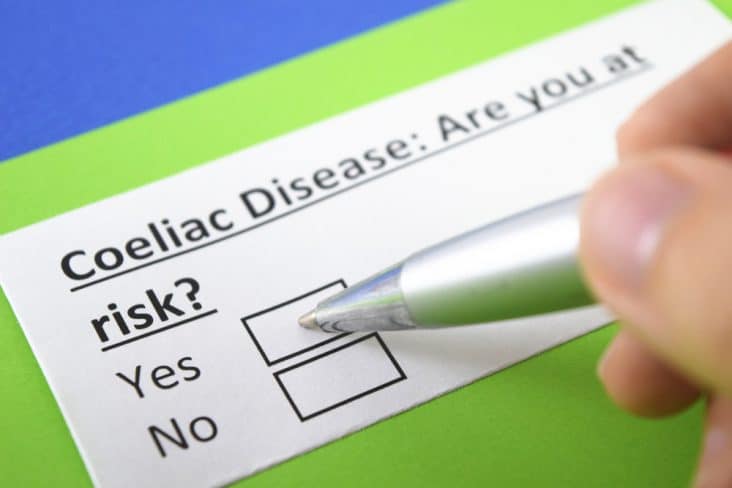Characterised by the inflammation of the small intestine, Coeliac disease is a condition that disrupts the small intestine’s ability to absorb nutrients. According to estimates from 2017, it’s believed that the prevalence of this condition among men and women are 1.2% and 1.9%, respectively.
Caused by an adverse reaction to gluten, a type of protein found in certain cereals, if left untreated, this autoimmune condition can lead to nutritional deficiency and gastrointestinal malignancy in the long run. Diagnosis and treatment at the onset of symptoms are, therefore, important.
In receiving treatment, it’s important to remember that your treatment plan will depend on your specific symptoms.
Causes, symptoms, and complications
As it stands, medical opinion is tilted in favour of a genetic explanation of Coeliac disease, with certain individuals possessing a genetic makeup that makes their bodies react negatively to gluten.
In particular, the disease has shown a strong correlation with two specific genes, HLA DQ2 and HLA DQ8. While causation is difficult to prove, either one or both of these are believed to be present in people diagnosed with Coeliac disease.
The condition also indicates certain issues with a patient’s immune system, given that people with Coeliac disease experience instances where the body’s immune system mistakenly attacks healthy tissue instead of bacterial infections alone.
Family history and environmental factors may also have a role to play. If you have a close relative, i.e. someone in your immediate family with this disease, your risk is approximately 10 times higher compared to someone with no family history of Coeliac disease.
In terms of environmental factors, diet during early childhood and even previous infections such as a rotavirus infection are believed to trigger symptoms of this condition.
If you notice signs like diarrhoea, bloating, flatulence, abdominal pain, indigestion, and constipation when you consume anything with gluten in it, it’s likely that you may have Coeliac disease. In addition to that, more general symptoms include rashes, unintended weight loss, ataxia, difficulty getting pregnant, diarrhoea and nerve damage.
For some, Coeliac disease can lead to serious complications including cancer, malnutrition, malabsorption, lactose intolerance, and pregnancy-related complications such as giving birth to a child who’s underweight.
Diagnosis
An examination of your medical history, physical examinations, and blood tests will most likely be used to diagnose this condition. These include a complete blood count, coeliac serology, coeliac gene testing, cholesterol tests, liver function tests, serum albumin tests, and alkaline phosphatase level tests. Endoscopic evaluation is also likely to be required to obtain biopsies from the small bowel for definitive diagnosis.
Treatment
Dietary and lifestyle changes
If you’re diagnosed with this condition, one of the first changes you will have to make is to follow a gluten-free diet to avoid any flare-ups.
In particular, you need to avoid any food item and beverage containing wheat, barley and rye. These include most types of cakes, breakfast cereals, pasta and certain types of bread, sauces, and even beer. While gluten-free items will be marked as such, alcohol may require a little more caution.
Food that’s safe for consumption includes fruits and vegetables, meat and fish, rice, potatoes, and gluten-free flours and most dairy products.
Additionally, certain vitamin and mineral supplements may be prescribed for a certain duration. This is to address any nutritional deficiencies you may have developed as a result of the impairment of the small intestine.
Receive more information on Coeliac disease from gastroenterologists in Sydney
While Coeliac disease can be managed effectively with the right dietary habits and nutritional supplements, doing so under the guidance of a medical professional is crucial if you are being treated for a concomitant condition or are at risk of developing any complications.
For more information on Coeliac disease and personalised treatment plans, consult a team of gastroenterologists, led by Dr Suhirdan Vivekanandarajah, at the Sydney Gut Clinic.

